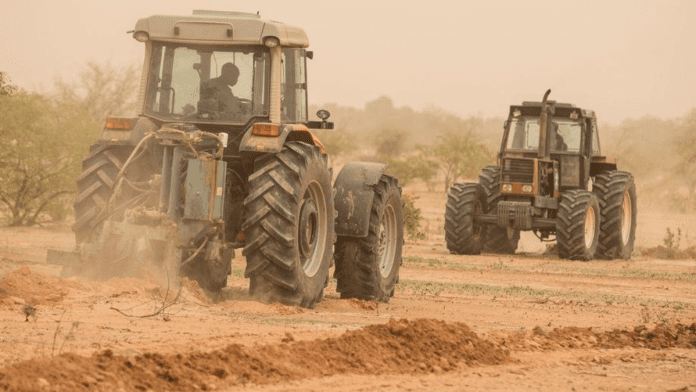News in brief: Bayero University Kano (BUK) Centre for Dryland Agriculture hosted an international conference on dryland agriculture and food security in West Africa, focusing on ecosystem restoration and natural resource management. It addressed farming and food security challenges in the region like militarisation, land degradation, agricultural productivity, and human migration.
Bayero University Kano (BUK) Centre for Dryland Agriculture (CDA) hosted a three-day international conference on dryland agriculture and food security in West Africa. The event, themed “Ecosystem Restoration and Natural Resource Management: Exploring Opportunities for Food Security in the Drylands”, was held from September 11 – 14, 2023
It was the fourth annual edition of the conference and it included collaboration with three international agricultural research institute; International Crops Research Institute for the Semi-Arid Tropics (ICRISAT), the International Institute of Tropical Agriculture (IITA), and the International Centre for Maize and Wheat Improvement (CIMMYT). The aim was to address the root causes of farming and food security challenges in affected regions.
Professor Aliyu Barau, Dean of the Faculty of Earth and Environmental Science at the university, was a keynote speaker at the event. He spoke about how restoring ecosystems is a key step to addressing the current security and food challenges facing Nigeria and other Sahel countries.
Barau, who was also the conference chairman, criticised developed countries for militarising the Sahel region, accusing them of neglecting its ecosystem resilient needs.
The professor further mentioned that many parts of the Sahel belt are on the frontlines of climate change. For example, he remarked that drylands cover 45% of the Earth’s land area but has to support 40% of its population, many of whom live in extreme poverty.
His sentiment is not far from what other sources say about the region. In September 2022, quoting the Country Climate and Development Report (CCDR) for the G5 Sahel region, the World Bank projected that up to 13.5 million people across the Sahel could fall into poverty due to climate change-related shocks by 2050. The international financial institution said that urgent climate adaptation measures needed to be taken to avoid this.
The conference also discussed and inspired action on crucial issues such as land degradation, agricultural productivity, food security, poverty, conflict, and human migration. Its theme was in line with the Decade for Ecosystem Restoration, whose purpose is to promote the United Nation’s environmental goals by facilitating global cooperation to restore degraded and destroyed ecosystems.
Researchers and academics presented over 100 papers at the conference.



